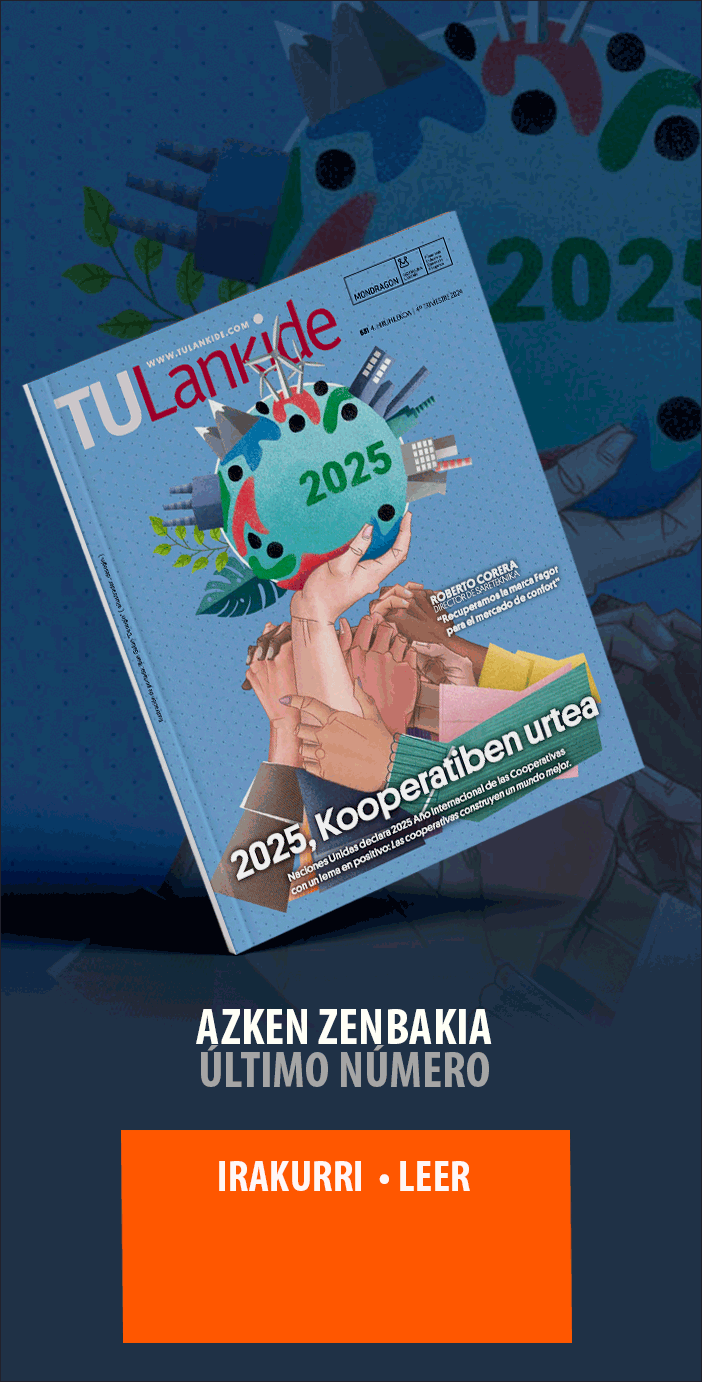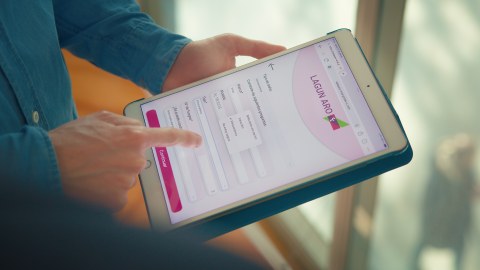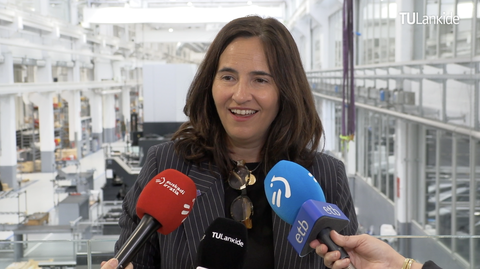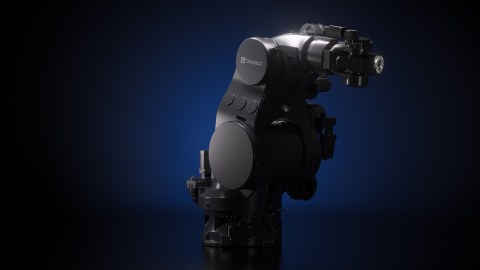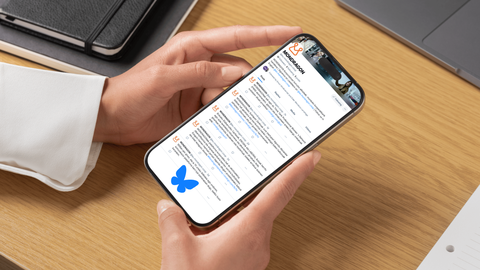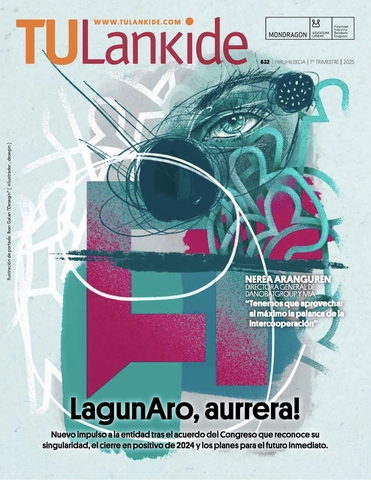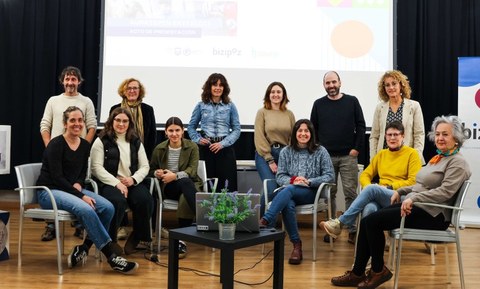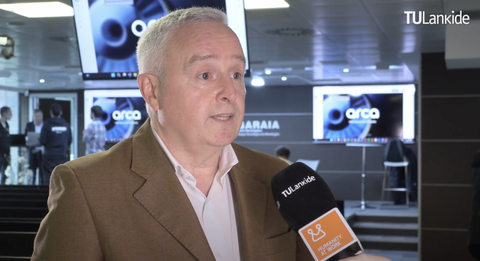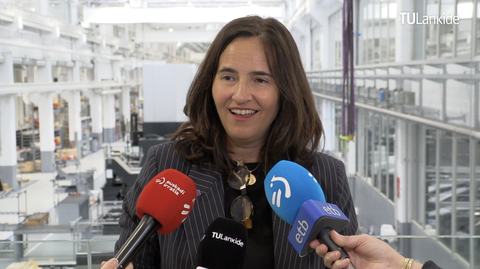MONDRAGON Corporation.
Innovative rubber and plastic products.
Decoration and highly complex functional parts for cars
Most read
- 1. Danobatgroup sets a new turnover record of €344 M in 2024
- 2. Danobat revolutionizes manufacturing with a new precision robot
- 3. MONDRAGON expands its digital presence with Bluesky
- 4. MONDRAGON leads ASETT, the Social Economy Hub for social transformation
- 5. Orbik Cybersecurity, the first technological start-up to become a co-operative
- 6. Eika acquires Stone Cooker S.L and its innovative 'Suiseki' table to boost growth
MONDRAGON is involved in the development of new plastic recycling technologies through the European PRIMUS project
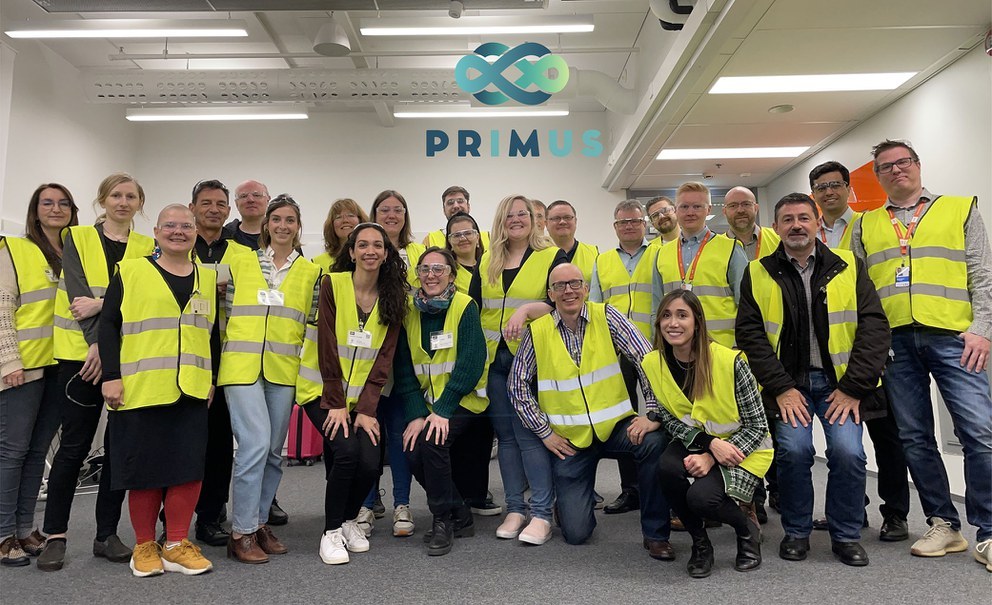
PRIMUS is supported by the European Union for the next 3 years with a grant of 7 million euros from the Horizon Europe Framework Program. Funded by the European Union, the PRIMUS Project works on the development of new polymer recycling technologies so that they can be used as raw materials in the manufacture of new value-added products.
Several European industrial and research organizations are taking part in this project, among them MONDRAGON. On the one hand, the cooperatives Cikautxo and Maier, with their respective business R&D units Cikatek and MTC, have been selected to collaborate in this initiative because of their capacity and commitment to the recycling of plastic and polymeric materials, making their production plants and pilot lines available to the project for the industrialization of high-value components. On the other hand, the MONDRAGON Corporation's Innovation and Technology Department is contributing its know-how in the transfer and exploitation of the research results obtained from its experience in the continuous participation in R&D&I projects of the European Framework Program.
New recycling techniques for plastics and polymeric wastes
In today's European economy, plastics and other polymeric compounds are basic raw materials for the manufacture of all kinds of goods and components. The European manufacturing industry relies heavily on these materials for critical sectors such as automotive, aerospace, household appliances, consumer electronics and distribution, among others, importing millions of tons each year.
Despite the great efforts made by public and private bodies to reduce the use of this type of material (for example, the publication of the EU Directive on single-use plastics) and to promote the collection of plastic waste for recycling, more than 29 million tons of post-consumer plastic waste is still generated in Europe every year, of which 30% is collected for recycling, 23% ends up in landfill, and 40% goes to energy recovery.
Plastics in general are man-made synthetic or semi-synthetic materials that consist of polymers as the main material, but also contain a wide range of different additives that provide the desired performance properties to the plastic itself. Plastics cover a very wide range of materials and are used in an even wider range of products. These materials and their value chains are complex, making it difficult to implement different circular strategies such as recycling. For example, to improve recycling performance, it is important to have high-level separation of different types of materials, eliminate hazardous additives and overcome plastic quality degradation, which means changes in the polymer chain and structure. These issues need to be addressed and new technologies developed, as the PRIMUS Project aims to do, to overcome the challenges and ensure that recycled plastics can be used in products with higher demand and added value. Currently, recycled plastics end up in a range of lower quality products such as outdoor furniture, bins, traffic cones, carpets, where technical and safety requirements are lower. The PRIMUS Project focuses on improving the polymer recycling process, creating new processing and manufacturing techniques with the objective of controlling the quality of the recycled polymer so that it meets the required technical and safety specifications, thus ensuring its use as a suitable raw material for the manufacture of high quality parts and components, such as automotive, household appliances, and aerospace parts, among others.
The commitment of European partners
A group of 12 European research and industrial organizations has joined forces to improve the polymer recycling process under the leadership of the Finnish research center VTT. The consortium of companies is composed of entities such as: Finland's The University of Eastern Finland, CIRCULARISE and COOLREC from the Netherlands, Tallinn University from Estonia, Germany's GREENDELTA, Plastics Recyclers Europe from Belgium and the Basque CIKAUTXO and MAIER with their respective business R&D units CIKATEK and MTC, and the MONDRAGON Corporation.
In addition to the technical and scientific results in the design of recycling quality control methods, the PRIMUS project will boost the polymer recycling industry in Europe by involving the different stakeholders, thus creating links to connect those who generate the waste with those who can process and use it for the creation of high value-added products. This will induce a new wave of high quality jobs in the polymer recycling industry in Europe.
This project has received support from the European Union for the next 3 years with a grant of €7 million from the Horizon Europe Framework Program through the European Health and Digital Executive Agency (HADEA) under Grant Agreement No. 101057067.













